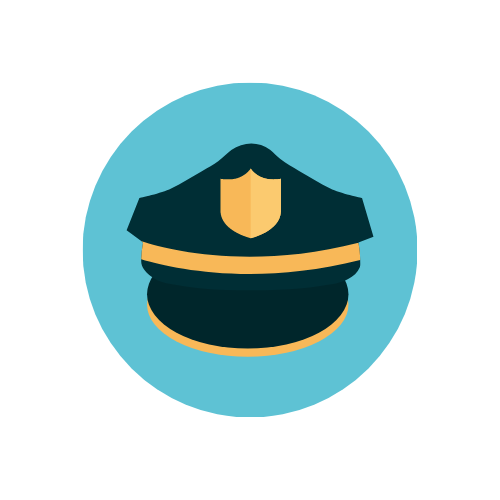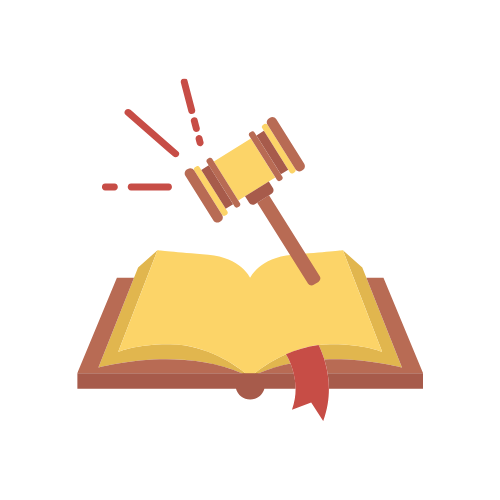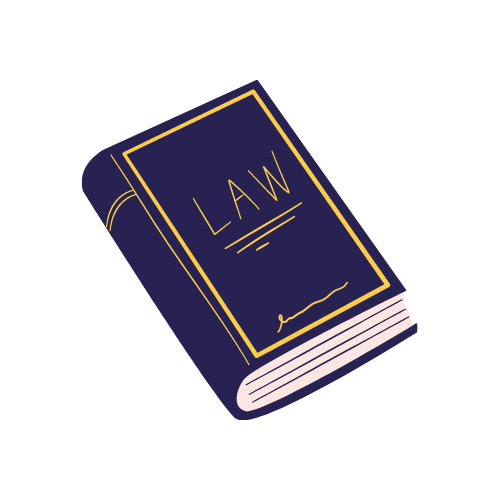It is your right to decide if and when you want to report the sexual assault to police. This is a very personal choice that no one can make but you. Staff at CSAC will support you in whatever choice you make about reporting or not reporting and in any choice you make about participating or not participating in the justice system after reporting.

When thinking about whether to report a sexual assault to police, consider the following:
- Reflect upon your own needs. Consider whether participation in the justice process will help or interfere with your healing goals.
- Speaking with police about the sexual assault can be intimidating. The primary role of police is to gather information and evidence for the purposes of doing a criminal investigation, not to provide trauma-informed support. You will be asked to remember and describe everything about the assault, which can be very difficult to do. Click here to read more about what to expect at a police interview.
- Consider the timeline. A police investigation can take anywhere from days to months, and any court proceedings that may result can be lengthy. It may feel like your life is on hold during the investigation and as if your well-being is connected to court proceedings.
- Familiarize yourself with statistics. Often people who report a sexual assault describe feeling powerless over the justice system process.
- After the police report is finalized, the decision to prosecute belongs to the Crown Attorney, a lawyer who represents society during a criminal trial. Cases that are not prosecuted are usually because of lack of evidence and the improbability of the sexual assault being proven “beyond a reasonable doubt.” If charges are not laid, it does not mean that the Crown Attorney did not believe you.
- Reporting a sexual assault to police may result in arrest and conviction, which could prevent the perpetrator from harming others.
Ultimately, it is your choice whether to report a sexual assault to police. While family members and friends often have good intentions, no one should pressure you into reporting or not. The staff at CSAC can help you talk through what options make the most sense in your healing journey and will support you in whatever you decide. You are the expert on your own life.
Sexual violence and Canadian law

Sexual assault is a crime in Canada. According to Section 271 of the Criminal Code of Canada, sexual assault is broadly defined as any form of sexualized touching of another person without their consent. It also includes “consensual” sexual activity when one of the parties is below the legal age of consent (16 years old).
Section 273.1 of the Criminal Code also defines consent as the voluntary agreement to engage in the sexual activity in question and stipulates that consent must be present at the time the sexual activity takes place.
Legally, consent is not valid in the following circumstances:
- if there is a weapon used to coerce the consent
- if threats have been made to the person’s life or to another person
- through fraud (e.g. “stealthing,” non-consensual condom removal) or through the exercising of authority (e.g. police, doctor)
- if the person is passed out, asleep, or unconscious (even if consent is given beforehand)
The Supreme Court of Canada has ruled that consent to sexual activity cannot be “implied.” This means that you cannot assume someone consents to sexual activity based on how the person was dressed or how they acted (e.g. flirting, etc.). You also cannot assume consent just because they have consented in the past.

In addition to sexual assault, Canadian law stipulates there are also other crimes that fall under the umbrella of sexual violence. These include:
- Criminal harassment — stalking (online, phone, in-person)
- Voyeurism — spying on a person (online, in-person), including recording or taking an intimate image of someone without their consent
- Indecent exposure — exposing your genitals or touching yourself in a sexual manner in front of someone without their consent
- Non-consensual distribution of intimate images — stealing and/or forwarding nude photos without consent
Note: In Nova Scotia, under Section 25 of the Children and Family Service Act there is a legal duty to report of any incidents of sexual violence involving a person under the age of 16. Any such incidents must be reported to the Department of Community Services. You may report anonymously.
(Adapted from source: “Waves of Change” Bystander Intervention Training, Antigonish Women’s Resource Centre & Sexual Assault Services Association)
Legal advice for those impacted by sexual violence

To give those impacted by sexual violence better support, the province of Nova Scotia created the Legal Advice for Sexual Assault Survivors program. This program gives survivors up to 4 hours of independent legal advice, which can help support the decision to report the assault to police.
The program respects survivors’ privacy and their right to make their own decisions. Registering is done through an independent agency, 211 Nova Scotia, and participants do not have to report to police or take legal action if they use this service. For more information about how to register for this program, visit their website.
The Nova Scotia Public Prosecution Service has also created a publication to help guide survivors through the criminal justice system in Nova Scotia. This Survivor Guide can be found on their website and is available in English, French, and Arabic.
External Resources:
What to Expect From a Police Interview — CSAC has compiled some information from RCMP Canada that you may be asked at a police interview
“Unfounded: Police dismiss 1 in 5 sexual assault claims as baseless” — This in-depth investigation by Globe and Mail journalist Robyn Doolittle reveals how the RCMP have historically handled sexual assault allegations.
“What it’s like to report a sexual assault: 36 people share their stories” — An article by The Globe and Mail that illustrates 36 survivors’ experiences with reporting sexual assault to police.
Women Tell Us Why They Didn’t Report Sexual Assault [Youtube video] — A video of women telling their stories about why they didn’t report their sexual assault to police. [Content Warning: Detailed descriptions of sexual violence.]

